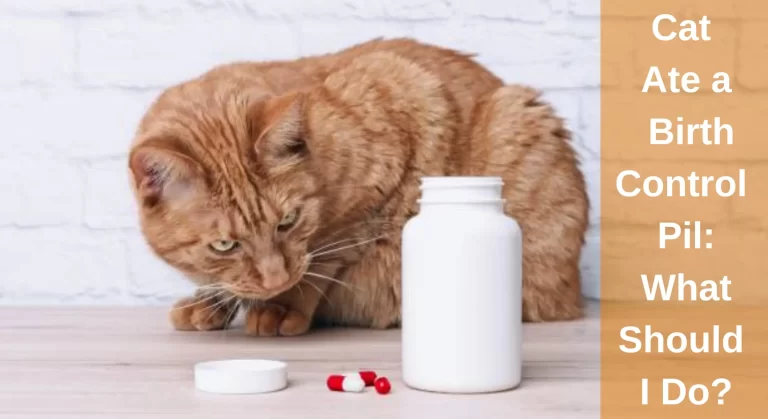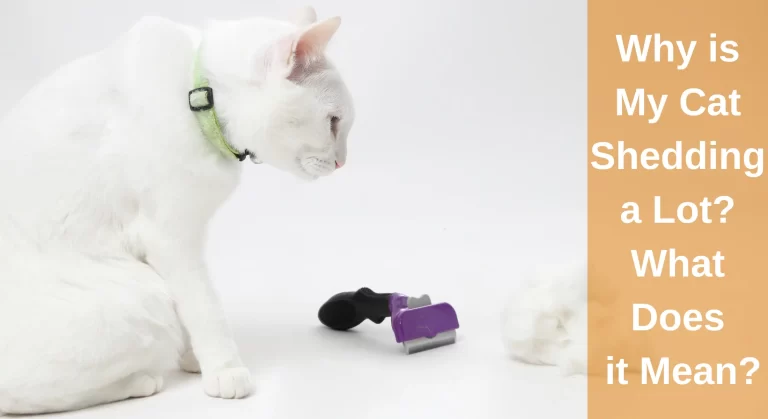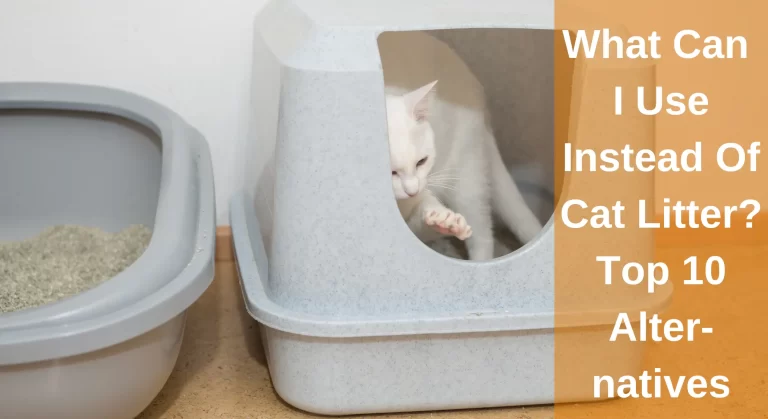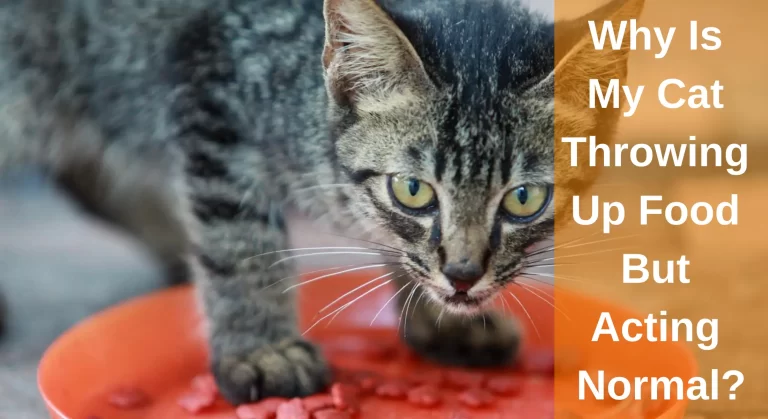How To Stop Nosebleeds in Cats? [Epistaxis in Cats]
Having a cat with a nosebleed can be extremely distressing for its owner. Cats may get nosebleeds(epistaxis) for a variety of causes. Cats’ nose bleeds sometimes have clear causes, including face injuries, which are quickly addressed. More serious conditions that can need intensive treatment include organ failure and malignancy. The initial step is to stop the bleeding, but you should consult your veterinarian to find out why it occurred.
So How to stop nosebleeds in cats: Apply an ice pack to the bridge of your nose; the cold will constrict the blood vessels, which will slow the bleeding. Check your cat’s nose to ensure it doesn’t swallow too much blood and ensure it is clean to prevent it from swallowing. A veterinarian should be consulted before administering any medication to your cat.
Various causes of nosebleeds can lead to cat nosebleeds. Ice is effective at stopping nosebleeds, but it is imperative that the underlying cause is identified, so read on.
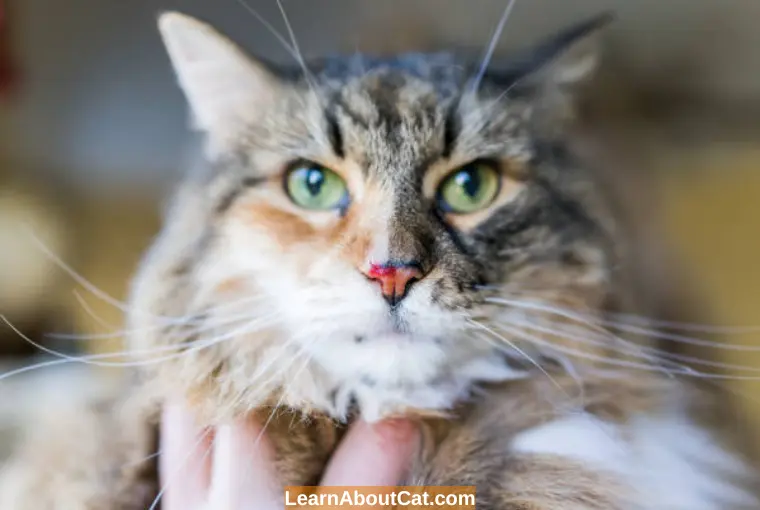
Why Do Cats Noses Bleed?
A nosebleed is caused by trauma or pressure exerted on small blood vessels in the nasal cavity or sinuses. Nasal bleeding in cats can also be triggered by compromised organs or systemic poisons that interfere with blood coagulation.
Many causes can cause Epistaxis. Coagulopathy, a disorder where the blood doesn’t clot as it should, is one example of this. Other potential causes of nosebleeds include diseases like leukaemia, organ cancer, various other illnesses, and hidden wounds or injuries from snake bites. Regardless of the source, your veterinarian has to examine this problem.
Symptoms of Cats’ Nose Bleeding
Blood or bloody mucus from one or both nostrils is the most common sign of nosebleeds. Cats that get nosebleeds may display a range of symptoms depending on what is causing the epistaxis in the first place. It’s also conceivable that the animal’s nosebleed is its sole ailment. These signs include:
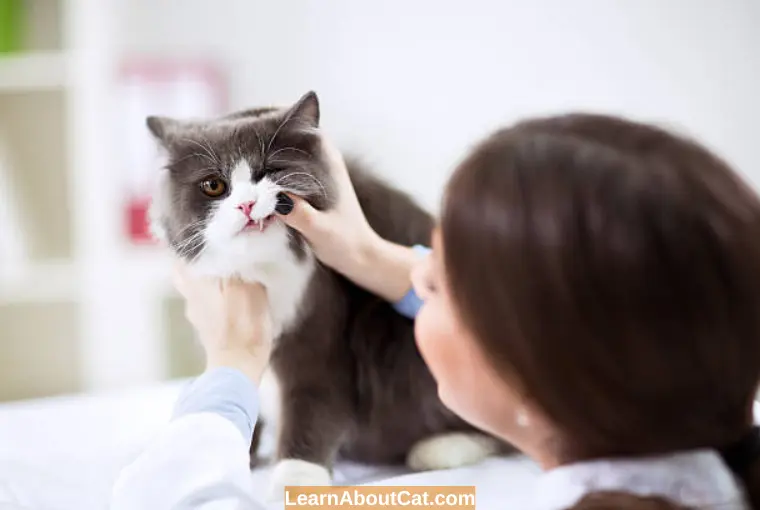
- Nasopharyngeal bleeding
- Snorting
- Weakness
- Swelling of the face
- Lethargy
- Bluish gums
- Intolerance to exercise
- Black or dark faeces
- Poor breath
- Sneezing
- Petting or caressing one’s face or nose
- Unaccounted for bruising
- Bleeding lasts a long time from injection sites or wounds and causes nausea or confusion.
What Causes Nosebleeds in Cats?
The severity of a nosebleed depends on its underlying cause. Coagulationopathy (a clotting issue), vascular anomalies, or systemic diseases may cause it. Potential reasons include:
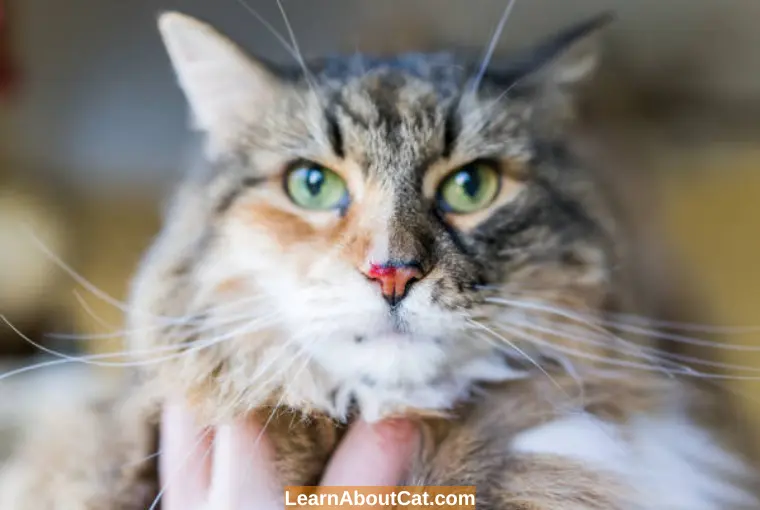
1. Trauma
A cat’s head, mouth, or nose damage may result in internal or external bleeding. A nasal bleed can result from falls, car accidents, animal conflicts, and other trauma. Specific traumas are more severe than others, mainly if they result in internal bleeding. Seal the wound once the bleeding has stopped. The styptic pencil should be used if the incision is tiny. Keep your cat’s paws under control since this will sting. Stitches will be necessary if the wound measures more than one centimetre.
Also, Check Out: What Are Emotionally Traumatized Cat Symptoms -And How To Help?
2. Foreign Objects and Irritating Behaviour (Pawing at Nose)
A foreign object in your cat’s nostrils might be the reason for a nosebleed. This may be a piece of furniture, a stone, or a blade of grass. The nosebleed won’t stop until this object is taken out of the way.
It’s challenging to pull a foreign item out of a cat’s nose because the cat will move around. Tweezers are used to try to remove the item and risk injuring the cat. Having a nasal endoscopy is safer because this will make nosebleeds worse. Inhaling irritants can also irritate the nostrils of cats. Dust, smoke, and air fresheners are typical examples. Move your cat to a room free of irritants if its nose bleeds.
3. Upright Respiratory Infection
An elderly cat’s blood vessels will burst if it sneezes excessively. Upper respiratory infections include Cat herpes virus (FHV), Bordetellosis \ Mycoplasma \ Chlamydophila or Cat calicivirus (FCV).
Move a sick cat to the bathroom if it bleeds from the nose. Shut the door and turn on the hot water faucets to fill the lungs with steam. This will thus result in a reduced sneeze.
Also, Check Out: Why Is My Cat Sneezing?
4. Stressful Circumstances
A cat’s heart rate accelerates under emotional stress, resulting in spontaneous hypertension. Epistaxis is frequently a sign of elevated blood pressure in cats, according to the Journal of Veterinary Internal Medicine. There is an urgent need to calm down a tense cat with a nosebleed. It would help if you lowered your cat’s pulse rate to prevent nose bleeding from escalating anxiety. Bring the cat to a calm area and comfort it with words.
5. Dry Air
Your cat’s nose will develop crusts when the mucous membranes grow dry and irritated. The cat’s nose will bleed if it sneezes due to this discomfort.
In the winter, dry air is frequent. Uncomfortable room temperature will result from the central heating being switched on and the windows being closed. Your cat should be able to cool off with a cooling pad or moist towel.
Also Read: Why Is My Cat Has Dry Nose?
6. Medical Issues
Epistaxis has several medical causes, including:
- Medications: Nosebleeds are a side effect of specific treatments, including antibiotics, chemotherapeutic drugs, antifungals, and hormones.
- Failure of the liver: Because the cat’s liver lacks clotting factors, liver problems can cause nosebleeds.
- Fungal infections: Fungal infections in the sinus cavities and nasal passages, including Cryptococcus neoformans infections, can irritate and inflame blood vessels. In cats, this may cause nosebleeds.
- Poisons: Several rodent poisons are harmful to cats and can result in nosebleeds in cats because of the internal bleeding they produce. Typically, coagulopathies are the causes of these.
- Cancers: If the head, nose, or sinuses are affected, a cat with cancer may experience many problems, including nosebleeds. It can also be brought on by a tumour bleeding in the nasal passages or putting strain on blood vessels.
- Kidney failure: Systemic or vascular factors, such as elevated blood pressure, can make cats get nosebleeds.
Nose bleeds may happen if your cat suffers from an illness like immune-mediated thrombocytopenia or another condition that affects how well it makes clots.
What to Do If Your Cat Bleeds From the Nose?
- Never pull a cat’s nose and make it cock its head. Cats will be unable to breathe, and they risk ingesting blood. This presents a choking risk.
- Instead, put ice on the cat’s nose’s bridge. The ice’s function is to narrow the blood arteries. This will lessen the bleeding from high blood pressure and finally stop it. Covering the cat’s nose will prevent it from breathing properly, especially brachycephalic kinds.
- Frequently, a cat can’t fit inside an ice pack from a first aid kit. Take it out of the freezer and put it in a plastic bag.
- Even though a nosebleed may seem unpleasant, never give your cat human medications like aspirin. Aspirin thins the blood and is harmful to cats. Anaemia and uncontrollable bleeding may result from this.
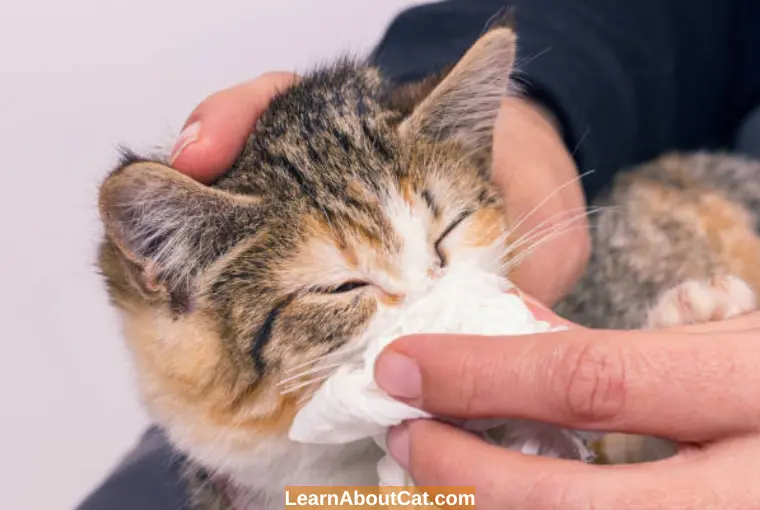
What Should I Do if My Cat Gets a Nosebleed at Home?
The bleeding typically stops on its own, and blood clots frequently develop. Even if your cat still has to be inspected by your veterinarian, it is generally unnecessary to schedule an urgent appointment. Waiting while doing the following:
- Reduce your enthusiasm and degree of stress.
- Use cold compresses and direct pressure to help stop the bleeding.
- If the bleeding doesn’t stop, gets worse, or is seen in other places, consider it an emergency and call your veterinarian immediately once.
Intresting Reading: Why is My Cat’s Nose Changing Color?
Treatment for Cat Epistaxis
The goal of treatment is to halt the bleeding. Additionally, try to reduce your cat’s tension. It could be required to soothe excitement and anxiety with sedation. The following might be helpful:
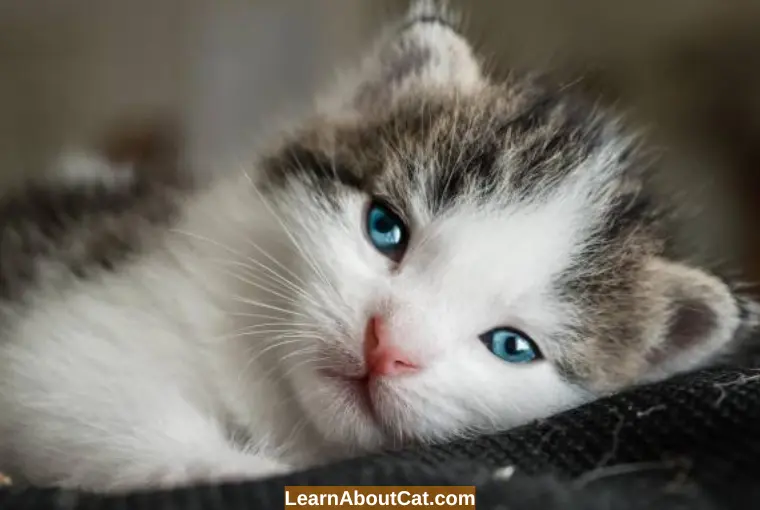
- Direct pressure and cold compress to lessen bleeding.
- To stop bleeding, epinephrine, and adrenaline, can be injected into the nose.
- For more challenging situations, general anaesthesia might be necessary to pack the nasal cavity with gauze and apply direct pressure to stop bleeding.
Frequently Asked Questions
Are cat nosebleeds normal?
It is never normal for a cat to bleed from the nose – a condition medically known as epistaxis.
Can dry air cause nosebleeds in cats?
The cause of frequent nose bleeds, also known as epistaxis, should be investigated. There are various causes for nasal obstruction, such as trauma, dry air, allergies, foreign objects lodged in the nose, nasal polyps, bleeding disorders, blood-borne parasites, allergies, and leukaemia.
The Bottom Line on How to stop nosebleeds in cats
Cats may get epistaxis/nosebleeds for a variety of causes. The severity of a nosebleed depends on its underlying cause. Coagulationopathy (a clotting issue), vascular anomalies, or systemic diseases may cause it. Potential reasons include injury, dry air, foreign objects, respiratory tract infections and medical problems such as liver/kidney failure. The initial step is to stop the bleeding, but you should consult your veterinarian to find out why it occurred. Even though it’s practically difficult to stop your cat from bleeding from any source, it’s crucial to deal with the problem immediately and seek veterinarian help if the cause is not immediately apparent.
Who is Isabella?
My name is Isabella, and I am a dedicated and knowledgeable cat enthusiast. With years of experience caring for cats and a deep love for felines, I made a mission to help other cat lovers navigate the challenges of cat ownership.

